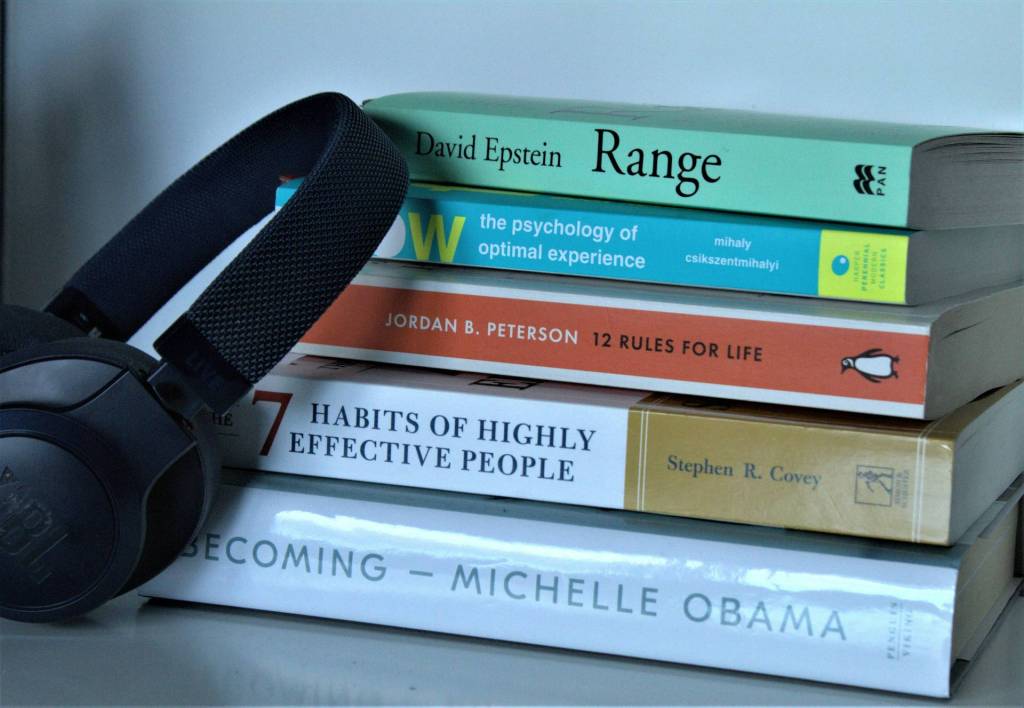In today’s challenging economy, many parents are anxious to help their children avoid failure and are willing to do almost anything to give their children a competitive edge. In the nation’s biggest cities these days the competition among affluent parents over slots in “prestigious” preschools is intense. I vividly recall the frantic phone call from a friend of mine who was practically in tears when she and her husband were told after a screening interview that their 3 year old daughter was denied entry to a pre-school in NY city because the child lacked proper form in holding a pencil!
Marketers of educational toys may be one of the main beneficiaries of this trend as parents try to enrich their children with as much knowledge as possible at increasingly earlier ages so they don’t fall behind. Although this added enrichment (math worksheets for 3 year olds) may lead to better math scores in elementary school, our kids may be missing another critical life lesson that will help them adapt in the real world; and that is learning to deal with failure and how to rebound without mom and dad’s help.
Wall Street Journal reporter, Paul Tough wrote an essay: Opting Out of the Rug Rat Race, where he asserts that our kids will need more than brain power for success; “what our kids really need to learn is grit.” Tough asserts that in the past decade, and especially in the past few years, a disparate group of economists, educators, psychologists and neuroscientists has begun to produce evidence that calls into question many of the assumptions behind the cognitive hypothesis.
“What matters most in a child’s development, they say, is not how much information we can stuff into her brain in the first few years of life. What matters, instead, is whether we are able to help our children develop a very different set of qualities, a list that includes persistence, self-control, curiosity, conscientiousness, grit and self-confidence. Economists refer to these as non-cognitive skills, psychologists call them personality traits, and the rest of us often think of them as character”.
The best thing we can do as parents is to back off a bit, allow our kids to make their own decisions and let our kids experience set backs. Sometimes the best way to teach a child how to face challenges is to let him experience a taste of failure and have him come up with the solution to their own problem. Teachers and administrators at high-achieving high schools say that their greatest concern is that students are so overly protected from adversity, in their homes and at school, that they never develop the crucial ability to overcome real setbacks and in the process don’t develop strength of character. I agree with Tough’s assertion that character, even more than IQ, is what leads to real and lasting success. My most successful clients I would argue are ones that put effort and research into their choice of school, their major, their internships. They are ones that are aware of their strengths but at the same time are willing to struggle in order to succeed; they can humble themselves to recognize that as special as they are, they will need to make a contribution in order to earn the rewards of success. They understand that developing their positive character traits and adding value wherever they go is the key to their success, not avoiding challenge due to a fear of failure. For more information about helicopter parents, read Sue Shellenbarger’s article in the Wall Street Journal, Helicopter Parenting: a Breakdown.












